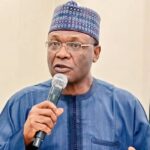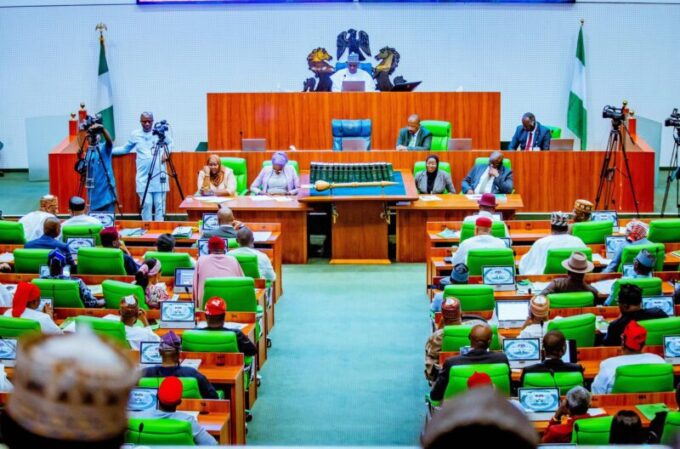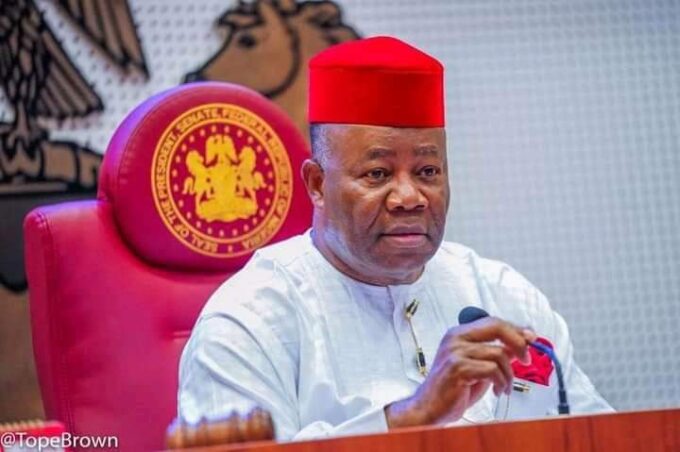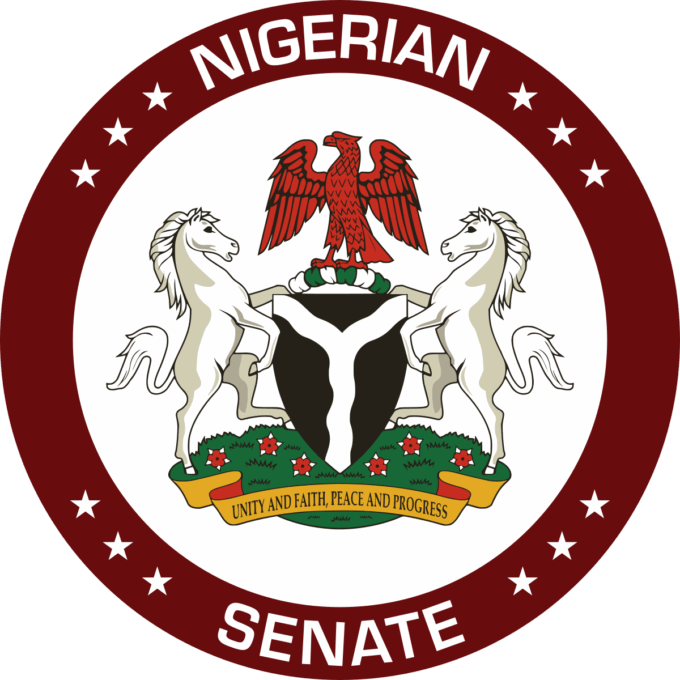Nigeria is set to embark on a comprehensive constitutional review process as the National Assembly announces nationwide public hearings scheduled for July 4-5, 2025 across all six geopolitical zones.
The Senate revealed that simultaneous consultations will take place in Lagos (South-West), Enugu (South-East), Ikot-Ekpene (South-South), Jos (North-Central), Maiduguri (North-East) and Kano (North-West), covering critical issues ranging from local government autonomy and state creation to gender inclusion and security reforms.
Ismail Mudashir, media aide to Deputy Senate President Barau Jibrin who chairs the Constitution Review Committee, emphasized the importance of citizen participation, stating: “This is a national call to all Nigerians. Our Constitution is the backbone of our democracy and must reflect the will and aspirations of the people.”
He stressed that these hearings represent more than just formalities, calling them “a real opportunity for Nigerians to shape how they are governed politically, economically and socially.”
The House of Representatives is pursuing an equally ambitious reform agenda, with Deputy Speaker Benjamin Kalu disclosing 87 prioritized constitutional amendments grouped into key thematic areas.
During a diplomatic dinner at the National Assembly Complex, Kalu outlined the priority areas including gender bills and inclusive governance, security and police reforms, fiscal and judicial reforms, as well as devolution of powers and local government autonomy.
On gender inclusion, Kalu stated: “Our committee is deeply committed to enhancing the political representation of women and addressing gender disparities in our governance framework. We are considering bills that would create reserved seats for women in the National Assembly and Houses of Assembly.”
The security reforms include a landmark bill (HB-617) seeking to transfer policing from the Exclusive to the Concurrent Legislative List, which Kalu explained would enable “the establishment of State and Local Government Police.”
This constitutional review process represents one of Nigeria’s most comprehensive governance reform efforts in recent years, with potential to significantly reshape the country’s political and economic landscape. The simultaneous zonal hearings are designed to ensure maximum citizen participation and geographical inclusivity in the amendment process.
Beyond the high-profile issues of state police and local government autonomy, the reforms also address critical areas like judicial independence, traditional institutions’ roles, and electoral processes. As the National Assembly moves forward with these consultations, all eyes will be on how effectively the diverse voices of Nigerians are incorporated into what could become the most significant restructuring of the country’s constitutional framework in decades.














Leave a comment